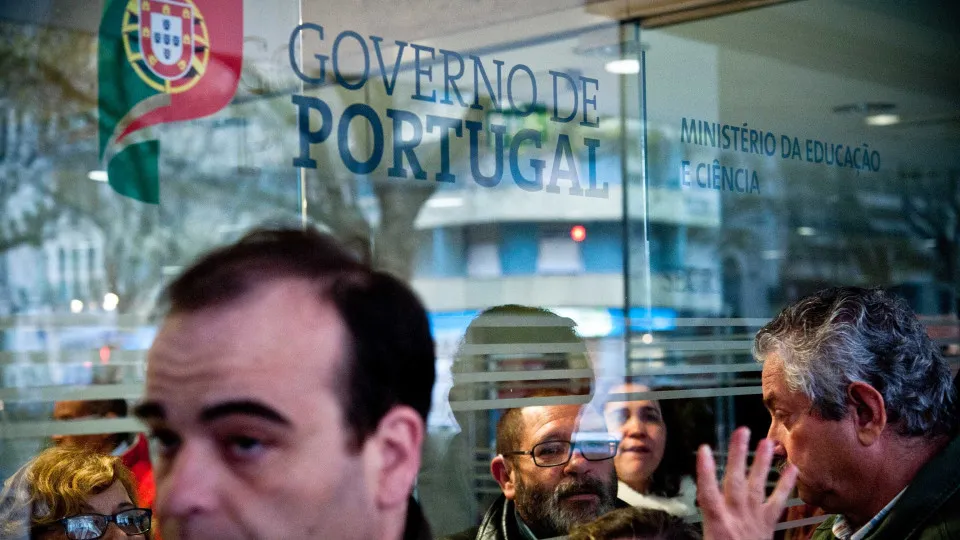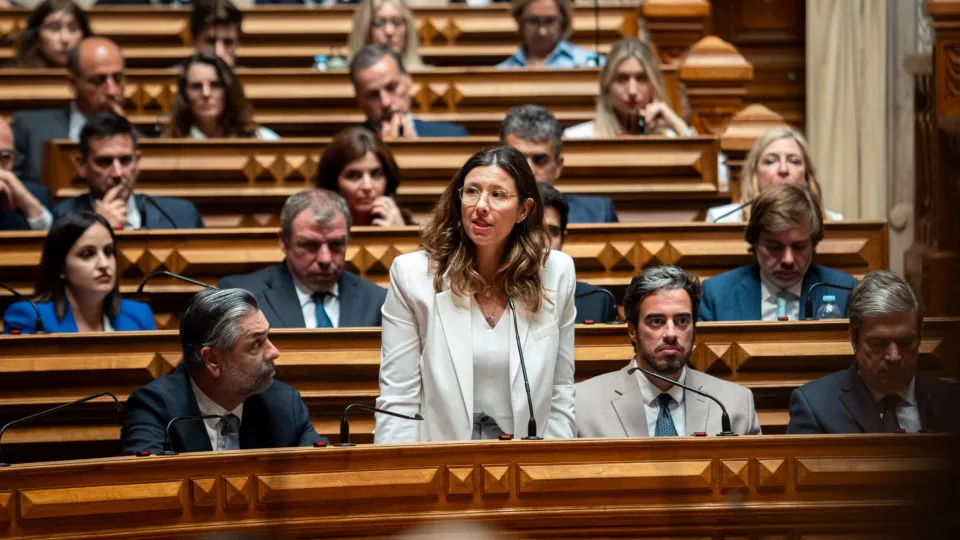
The Prime Minister announced, with a candid demeanor, the introduction of an extraordinary supplement for the elderly, which, according to him, might be granted this year and possibly again next year if circumstances allow. Speaking at a lunch event backing Adriano Menino’s candidacy for the Torre de Moncorvo municipal chamber in Bragança, José Luís Carneiro discussed the conditions under which an additional pension supplement could be provided.
The PS leader suggested that if Luís Montenegro is truly concerned about pensioners with low pensions, there is a viable solution. “The way to address this issue is to make this supplement a permanent increase for those receiving the lowest pensions, thus solving pensioners’ problems,” he challenged.
Carneiro delineated the financial implications of this measure, stating that a permanent increase for pensions up to 522 euros would cost 400 million euros—equivalent to a reduction of each percentage point of Corporate Income Tax (IRC).
“This is the fiscal solution if you want to ensure better pensions for those living in hardship in our country,” he stated.
The Socialist General Secretary underscored PS’s support for reducing IRC, but not universally. “We favor reducing IRC for companies investing in technological innovation, recapitalization, wage improvements, and investments in the interior,” he reiterated.
Carneiro addressed the interior municipalities, including Torre de Moncorvo where he was speaking, reemphasizing a previously proposed IRC policy.
“When we have governmental responsibilities again, we will reinstate a lower IRC regime for companies located in the interior. This means an IRC rate of 12.5% for all such companies and this is not a novel concept, as during António Guterres’s tenure as Prime Minister and Pina Moura as Economy Minister, a similar IRC rate was applicable to companies in the interior,” he explained.
On Saturday, the Prime Minister pledged a new increase in the Complemento Solidário para Idosos (CSI) for the coming State Budget, with an additional supplement for lower pensions midway through the year, contingent upon budgetary balance and surplus.
“When we assumed office, pensions were roughly 550 euros, which we increased to 600, then to 630, and by October 10th, the country will know our proposed increases for the coming year,” he remarked, referring to the Budget presentation date for 2026, coinciding with the final day of the municipal election campaign.
Additionally, he committed to providing a new supplement for the lowest pensions “if the budget execution by mid-year reveals sufficient balance and surplus.”




